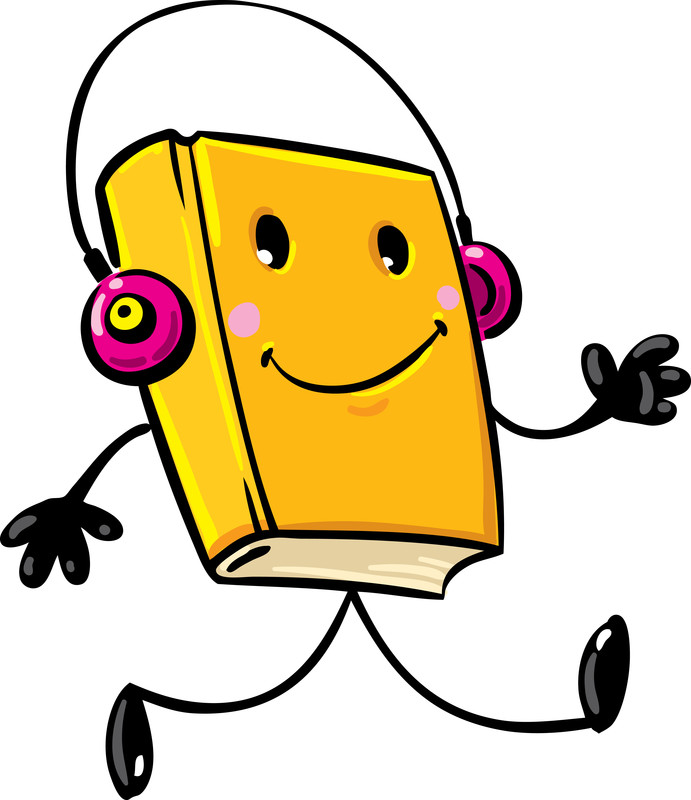DOES HEARING THE BOOK CHANGE THE BOOK?
I’ve been trying to move more lately for health reasons. Instead of scribbling at my desk 10 hours straight—or curled up nose in book—I’m trying to walk whenever possible. That is changing my reading experience, inclining me to audiobooks. It’s also making me wonder: does hearing a book change the book?

Fighting the Audiobook Prejudice
I harp on audiobooks a lot in this blog. But the subject continues to intrigue me, undoubtedly because it’s such a big part of the reading experience these days. And I have to admit to a prejudice: I grew up thinking that reading with the eyes is somehow intellectually and morally superior to reading with the ears.
Of course that is absurd. Literature started in oral form. Reading books (especially novels, egad) has been pegged as lazy, immoral, corrupting. Reading with the eyes may even help explain the rise of nearsightedness.
Certain books written for the eye may not translate well to the ear
To be fair, reading a book written to be read with the eye is inherently different than listening to literature created to be heard with the ear.
Still, for both health and rational reasons, I am trying to open my mind to audiobooks. Here’s the thing, though: besides my continuing struggle to concentrate on aural information, I am noticing that certain books written for the eye may not translate well to the ear.
Better Read Aloud?
When one of my book clubs read Ann Patchett’s The Dutch House , we had a clear split: people who read the book, found it disorganized and could not identify with (or even identify) the protagonist. People who listened to Tom Hanks read the book (myself included) had no issues.
My mother told me that Rabbits for Food was a “laugh-every-sentence” book. And, indeed, critics praise author Binnie Kirshenbaum for her “razor-edged, literary humor.” Maybe so, reading, but I found the narrator’s tone cold and cruel when I tried it as an audiobook.
Conversely, several people told me that they simply could not listen to Jill Lepore’s These Truths: A History of the United States because they disliked like her tone reading her own book. Yet other friends who are reading this formidable tome adore it, awed and impressed by its perspective.
Does Hearing the Book Change The Book?
Do you think hearing a book meant to be read with the eye changes the author’s intent—or your experience of the book? What books changed for you when you read them versus heard them—or, perhaps, saw them as a movie?
Please let me know via the comments section below, the contact form on my website, my Twitter account (@terraziporyn), or the Late Last Night Books Facebook page. I’ll share the results in next month’s blog!
Terra Ziporyn
TERRA ZIPORYN is an award-winning novelist, playwright, and science writer whose numerous popular health and medical publications include The New Harvard Guide to Women’s Health, Nameless Diseases, and Alternative Medicine for Dummies. Her novels include Do Not Go Gentle, The Bliss of Solitude, and Time’s Fool, which in 2008 was awarded first prize for historical fiction by the Maryland Writers Association. Terra has participated in both the Bread Loaf Writers Conference and the Old Chatham Writers Conference and for many years was a member of Theatre Building Chicago’s Writers Workshop (New Tuners). A former associate editor of the Journal of the American Medical Association (JAMA), she has a PhD in the history of science and medicine from the University of Chicago and a BA in both history and biology from Yale University, where she also studied playwriting with Ted Tally. Her latest novel, Permanent Makeup, is available in paperback and as a Kindle Select Book.
- Web |
- More Posts(106)